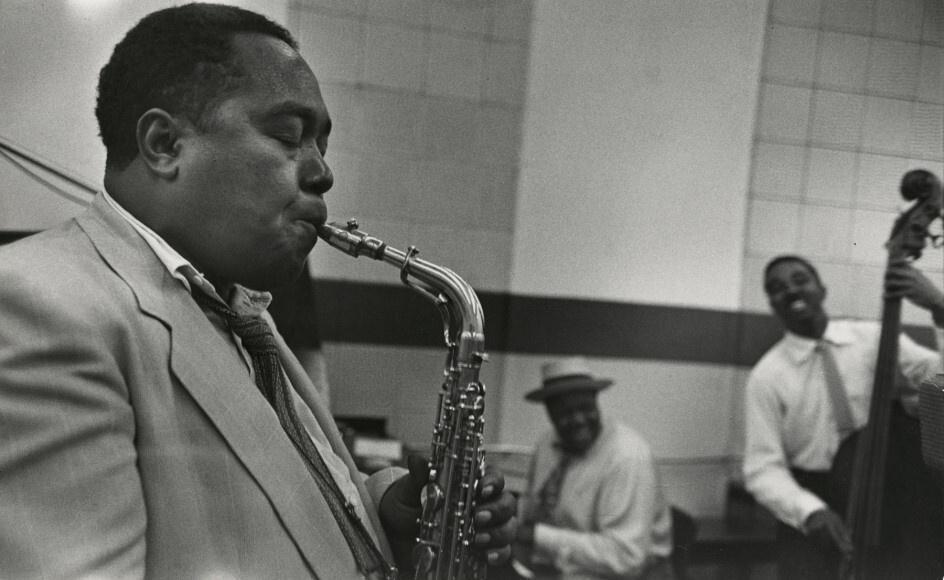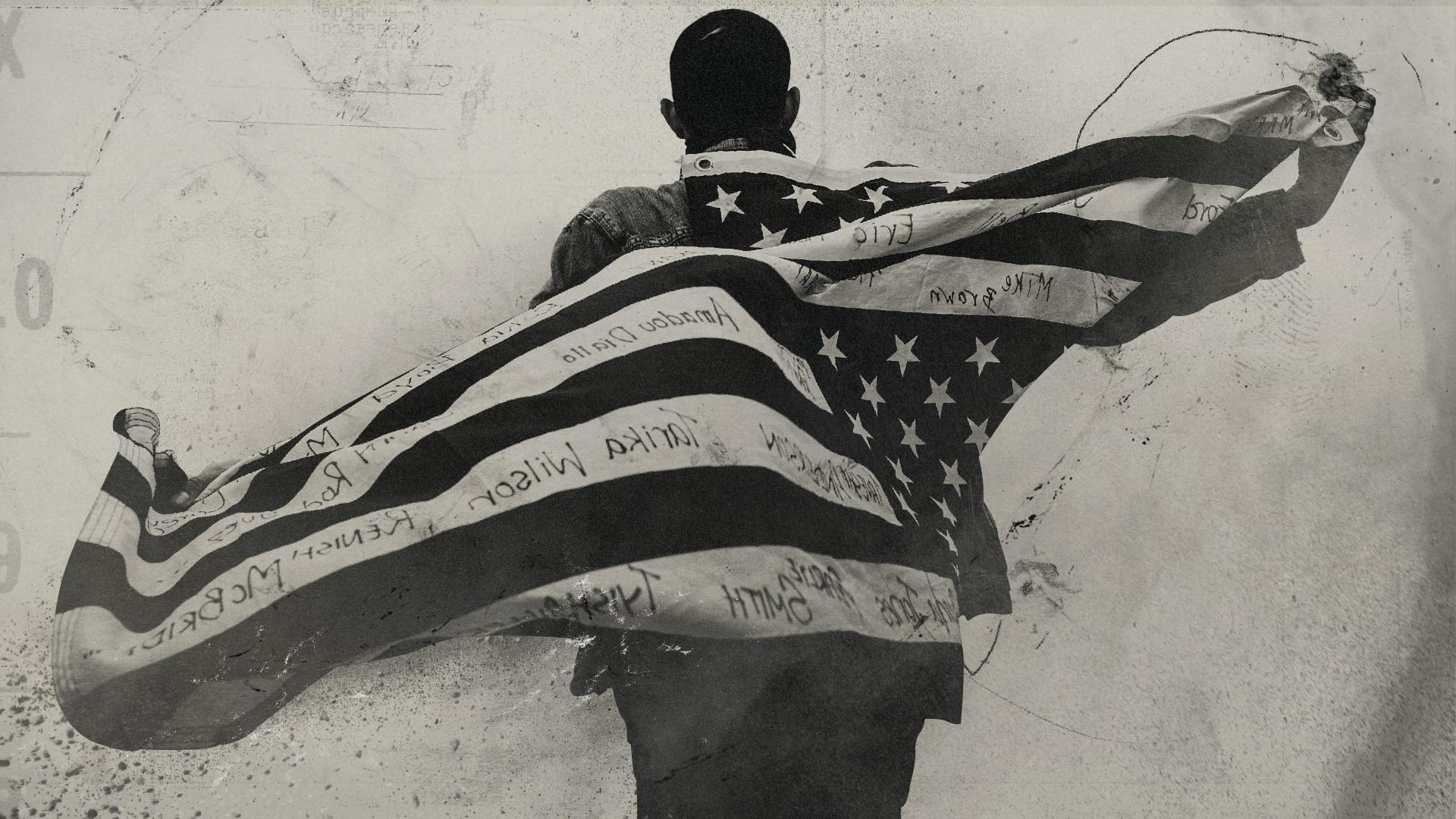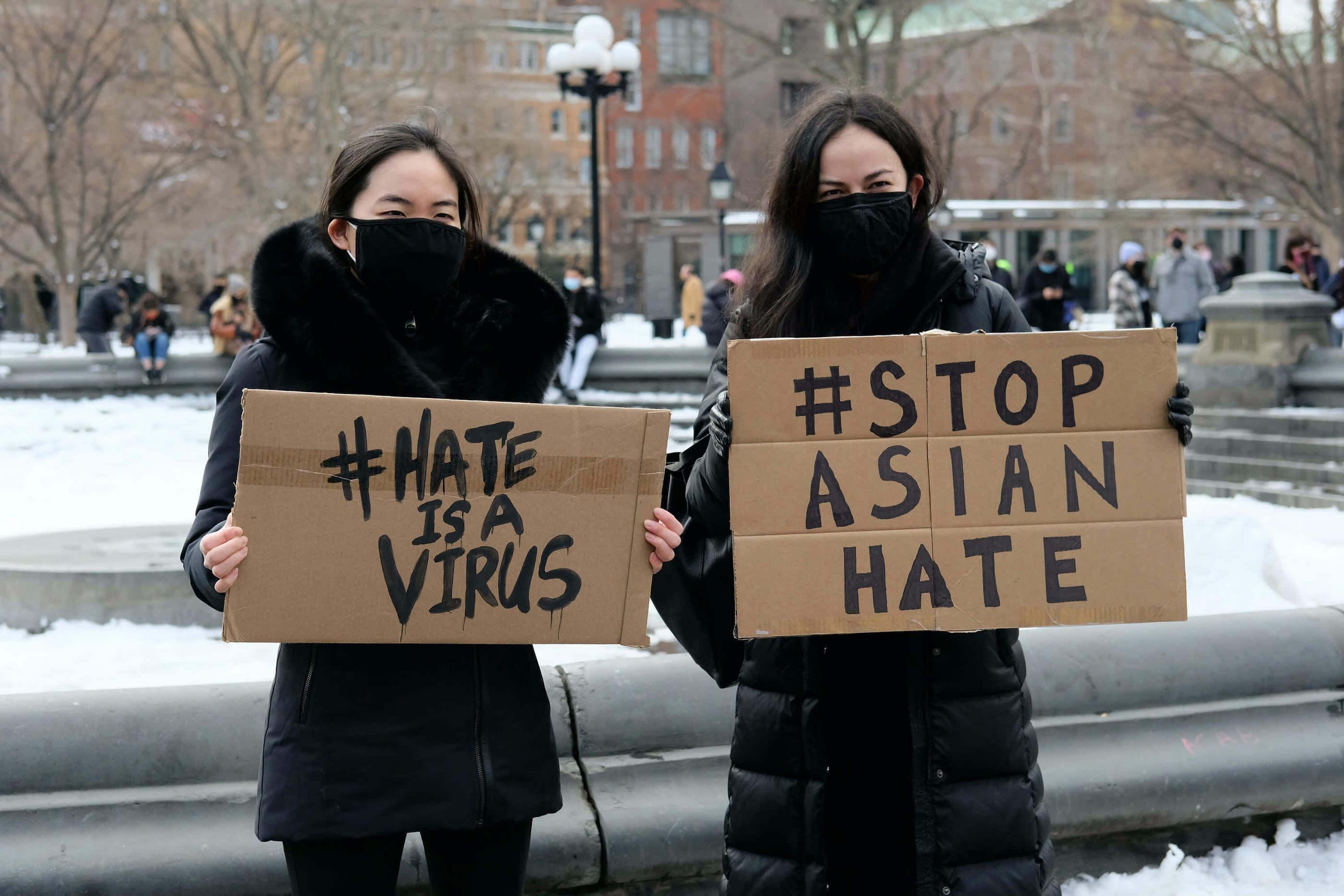The Pressures of College Go Far Beyond Admissions
Operation Varsity Blues Gives Us a Reason to Talk About Them

By Beatrice Alvarez
This week’s news cycle has been dominated by the multi-million dollar college admissions cheating scandal, which the FBI has named “Operation Varsity Blues.” The reaction online has been mostly bemusement (complete with Full House GIFs), but the story brings up a number of discussions that deeply impact many of us. (Including those of us who are not and have never worried about how to allegedly make a $500,000 bribe tax deductible.) The stress of getting into a college or university, the fairness of standardized tests, and the cost of higher education were just a few of the topics that came up around our water cooler.
There are Many Paths to Success
While a handful of colleges and universities were considered “elite” enough to warrant the bribery, cheating, and lying involved in Operation Varsity Blues, there are more than 4,000 colleges and universities in the U.S. in which someone can pursue their higher education. In this interview, New York Times columnist and author Frank Bruni talks about how the emphasis on getting into a certain few schools is misguided. Bruni reminds us that rejection is okay because it teaches resilience. Not to mention, young people might miss out on enriching experiences if they believe there is only a certain few name-brand schools that will ensure a path to success.
Are Standardized Tests Still Relevant?
Operation Varsity Blues exposed parents who paid large sums of money to have people take the SATs for their child or to secure special testing conditions that are provided for students with learning disabilities. While many colleges and universities still require ACT or SAT scores, did you know that an increasing number institutions have made it optional for applicant? There is widespread skepticism that the SAT is not a predictor of college success. When the SAT was updated was in 2015, NewsHour interviewed parents, educators, and students about taking the test and what it means in the college admissions landscape.
After The Cost of Admission, There Is The Cost Of School
Maryland Public Television has a lot of great information about paying for school once you’ve been accepted. Student loans, retail jobs, on-campus jobs, need-based grants, and scholarships all formed the patchwork quilt of this graduate’s financial pan. How about you?
Which Majors Give the Most Bang For Your Buck?
PBS Digital Studios’ financial program 2 Cents crunched the numbers on which college majors have the biggest pay off when it comes to salary. Should that even compare to doing what you love? Maybe, maybe not. Some educational things are not quantifiable, of course, but salary disparities and loan interest certainly are.
Who Is Profiting The Most From Increased Access To Higher Education?
Speaking of costs, Frontline investigated the business practices of for-profit colleges and found that students are often left with a mountain of debt and few applicable job skills. Meanwhile, investors and lenders take home profits from what they claim to offer: increased access to education for all people.
Why Helicopter Parenting May Jeopardize Kids’ Health
What do you think of the cheating scandal? What came to mind when you saw the story?
Recent Articles

PBS Nominated for Multiple Emmys
PBS received more Emmy nominations than any other organization.

Race and Racism in America
Watch a collection of films and specials that highlight and add context to the many aspects of race and racism in our country.

Violence Against Asian Americans
If you are hurting, needing comfort or are curious to learn, videos are available for streaming. Additionally, resources to learn how to fight violence against Asian Americans are available.

Continuing Coronavirus Coverage and Resources
Health officials are working to increase awareness on the virus and help diminish misleading claims or false information.


